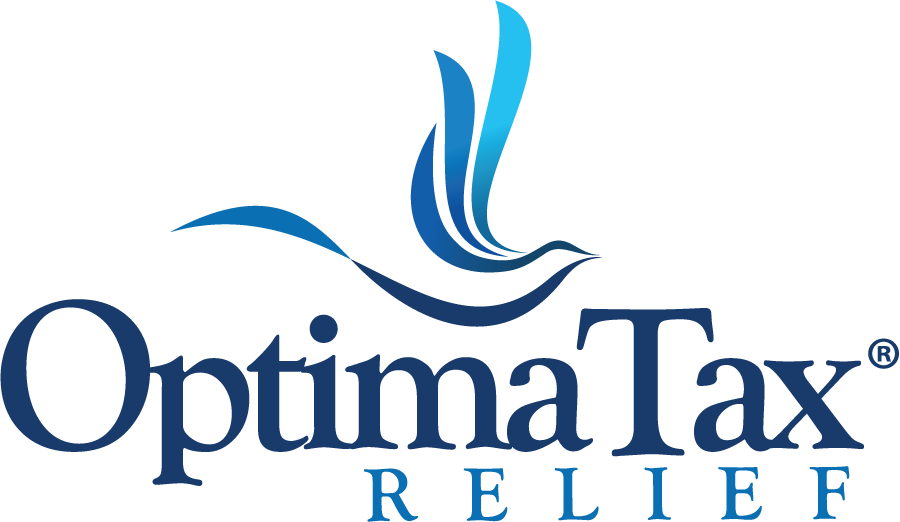In a digital age where data is the new currency, privacy concerns have taken center stage. The recent revelation that Google and Meta obtained user data from tax preparation firms, including TaxSlayer, H&R Block, and Tax Act, has sent shockwaves through the tech industry and raised eyebrows among lawmakers. This incident has further ignited the debate on data privacy and the role of tech giants in accessing and utilizing sensitive financial information. In this article, Optima Tax Relief delves into the details of the controversy and examines the implications it may have on data privacy and regulatory oversight.

The Allegations
Google and Meta had accessed data from tax preparation firms, sparking outrage and prompting lawmakers to demand an investigation into the tech giant’s practices. The data in question includes users’ financial information, such as income, expenses, and deductions – all highly sensitive and personal data that is supposed to be protected under strict confidentiality measures.
Google and Meta’s Responses
In response to the allegations, Google and Meta released statements acknowledging that they had indeed obtained data from tax prep firms. However, the companies maintain that this data was anonymized and used for research purposes to improve their financial planning tools and services. They insist that the data collection was not intended to identify individual users or compromise their privacy.
Privacy Concerns and Regulatory Scrutiny
Despite Google and Meta’s assurance that the data was anonymized, many privacy advocates and lawmakers are not convinced. The incident has sparked concerns about the extent of data collection and its potential misuse by tech giants. Given the vast influence and resources of companies like Google and Meta, there are genuine fears that user data could be used for targeted advertising or shared with third parties without proper consent.
Lawmakers, including senators and members of the House of Representatives, have called for a thorough investigation into Google and Meta’s data collection practices. They argue that the tech giants’ actions may have violated privacy laws and raised questions about the adequacy of existing regulations to protect users’ sensitive financial information. If the investigation uncovers any wrongdoing or breaches of privacy, it could lead to significant consequences, including fines and stricter regulations on data collection practices for tech companies.
The Future of Data Privacy
The Google and Meta controversies serve as a cautionary tale for both users and tech companies alike. Users must remain vigilant about the data they share and understand the implications of doing so. On the other hand, tech companies must prioritize privacy and adopt a proactive approach to safeguarding user data.
As technology continues to evolve, the importance of robust data privacy measures will only increase. Policymakers must stay ahead of the curve by revisiting existing laws and regulations to ensure they are up to date with the rapidly changing tech landscape.
Conclusion
The recent revelation that Google and Meta obtained data from tax preparation firms has raised serious concerns about data privacy and the power of tech giants in handling sensitive user information. As lawmakers call for an investigation, it is crucial for both regulators and tech companies to work together to establish stringent data privacy measures that protect users’ personal information. Only through collaboration and accountability can we strike a balance between utilizing data for innovation and safeguarding the privacy rights of individuals in this digital age.

